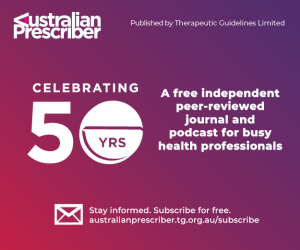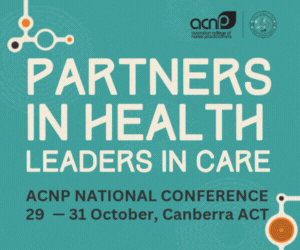The ANMF believes the government’s response to engage international nursing students to fight the COVID-19 pandemic is only part of the solution when nursing graduates have not yet secured permanent positions.
The ANMF stated engaging international nursing students is only one part of the solution in workforce preparedness, arguing that the government must commit to employing nursing graduates who have not yet secured permanent graduate positions and nurses who are underemployed.
The public need and deserve the protection of fully-qualified and trained staff.
“With more than 2,500 Australian nursing graduates unemployed, the government should genuinely give them the first opportunity to be employed, before taking the option of recruiting international nursing students. We have unemployed graduates who are out there and willing to work,” ANMF Acting Federal Secretary Lori-Anne Sharp said
“As frontline workers, nurses, midwives and carers understand how the rapid spread of COVID-19 is placing enormous strain on the health and aged care systems right now and in the months to come. Engaging international students should only be one part of the solution. It will be essential that students feel confident and have sufficient training to deal with this pandemic. They must work under the supervision and guidance of a registered nurse at all times,”
The ANMF said the government must:
- Commit to engaging with the more than 2,500 unemployed Australian nursing graduates and underemployed nursing workforce in health and aged care, before solely depending on international nursing students;
- In the event that we need to surge a larger workforce of international nursing students, we must ensure they are working within their scope and adequately supported and supervised by a registered nurse at all times;
- Confirm that international nursing students have access and are appropriately trained in the correct use of personal protective equipment (PPE);
- Ensure that international nursing students are educated in best practice infection control and prevention, are adequately supported and appropriately remunerated.









5 Responses
The ANMF has clearly misunderstood the statement made by the Prime Minister. International students are not getting any precedent over locals. They are simply having their work restriction of 40 hours a fortnight lifted so they can work more hours in the job they are already doing whether it is being a carer or nursing assistant etc. This is how misinformation spreads.
Thanks for your comments, The ANMF agrees increasing the hours of international nursing students from 20 to 40 hours could be part of the solution to address current workplace shortages, however the union believes it is only one part of the solution in workforce preparedness.
The ANMF’s position is that nursing graduates who have not yet secured permanent graduate positions and nurses who are underemployed should be, in the first instance, offered employment.
I am a third year mature age nursing student and expect to finish in June 2020. I have registered an expression of interest regarding COVID with my LHD as an RN, in anticipation of course completion, but am equally willing to work as an AIN, which I currently do in the private sector. Will be interested to know how important my relative inexperience is, in times of a pandemic!
How do you register a letter of interest. I am in the same position as you and would like to do the same
As a 2012 RN graduate who couldn’t find employment, I walked away and let my registration lapse. A couple of years later, I applied to get my nursing registration reinstated to give it another go. After dozens of unsuccessful applications, and no idea how what to do to become employable, I let my registration lapse again. Now, I have been put on the emergency sub-register. I would love to help with the current situation, but unfortunately, I have no experience (and I have just commenced full time studies in a completely different industry).